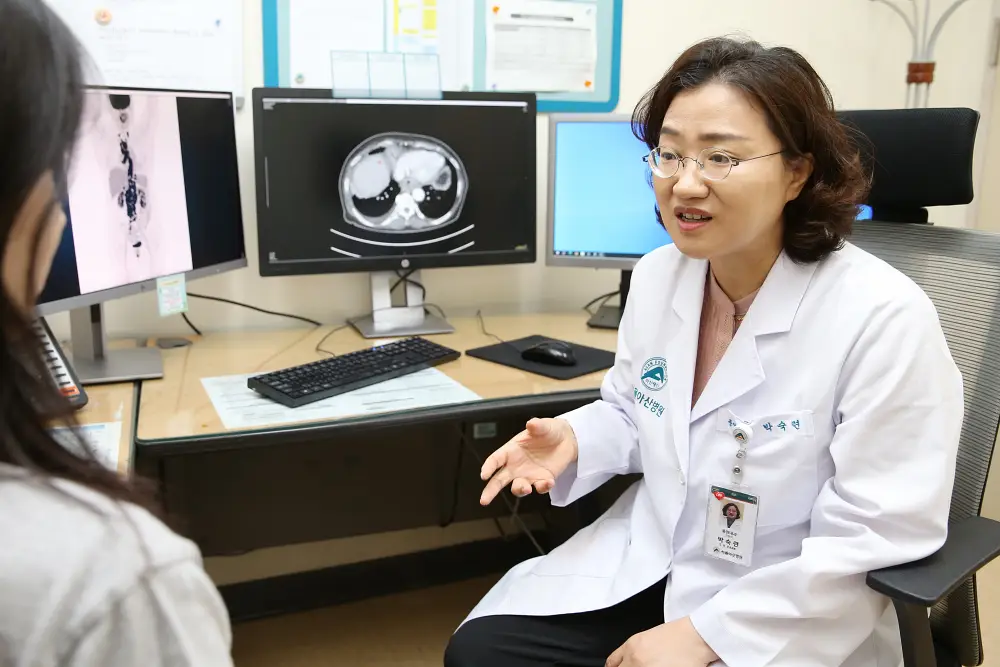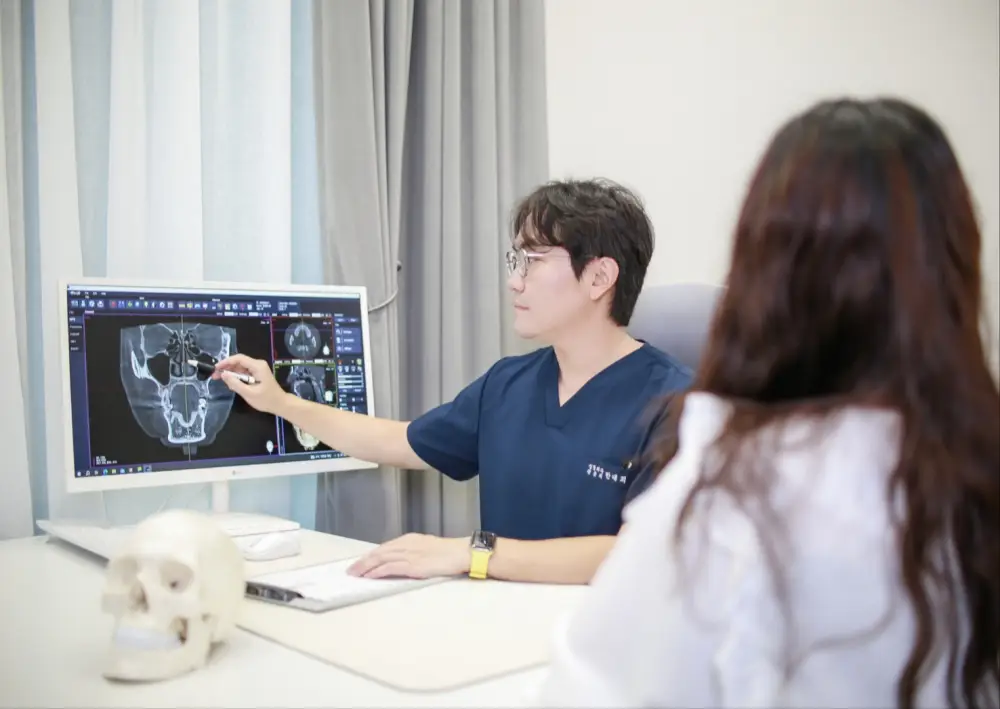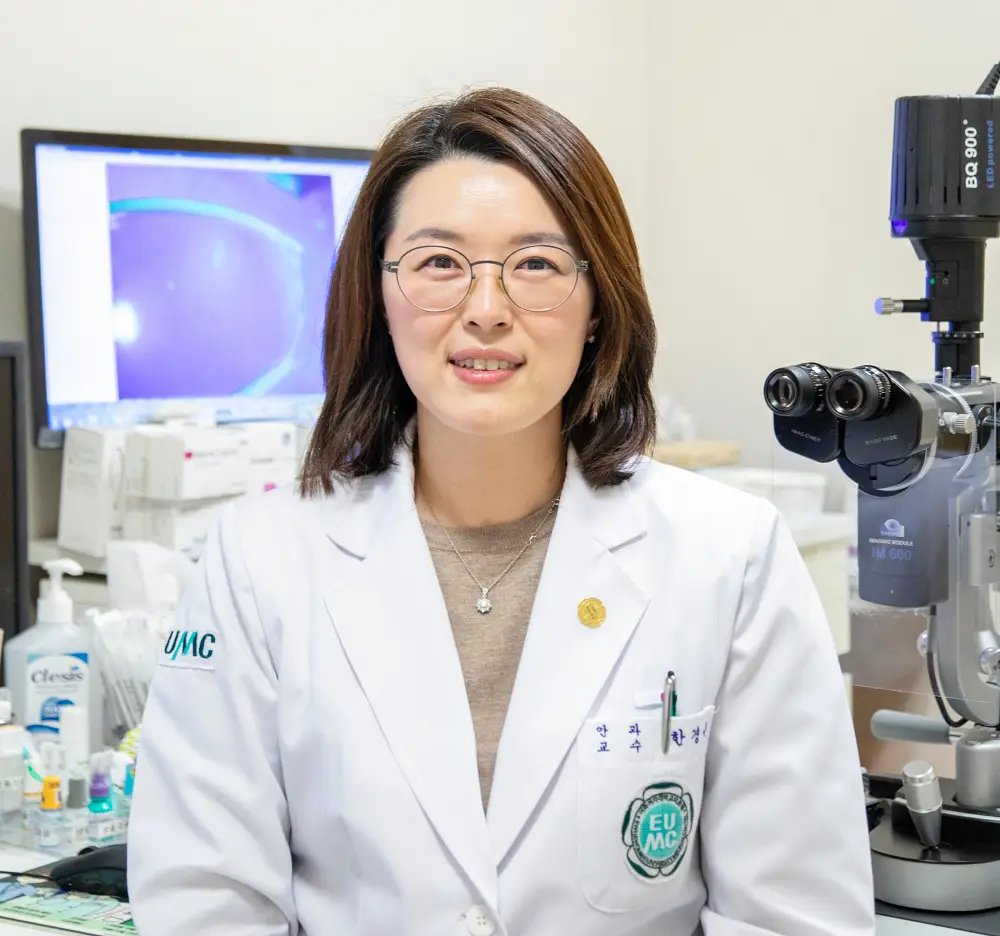Fecal Transplant: A New Paradigm in Cancer Treatment
Fecal Transplant Boosts Cancer Treatment by 50%
Fecal transplant has been shown to improve immunotherapy response in patients with metastatic solid cancers, according to new clinical research findings announced by Professor Sukryeon Park from the Department of Oncology at Seoul Asan Medical Center and Professor Han-Soo Park from the Gwangju Institute of Science and Technology (GIST).

The research team treated 13 patients, who had developed resistance to immunotherapy, by administering fecal transplants from donors who had shown a strong response to immunotherapy.
Following the fecal transplants, the patients were re-treated with immunotherapy. As a result, one patient achieved partial remission, and five others maintained stable disease, meaning their cancer did not progress further.
“This study is the first in the world to demonstrate that fecal transplants can enhance the effectiveness of immunotherapy in patients with metastatic solid cancers such as liver, stomach, and esophageal cancers,” said Professor Sukryeon Park. “We have confirmed that altering the gut microbiota through fecal transplants can help overcome resistance to immunotherapy.”
The research team also discovered a beneficial bacterium that contributes to overcoming immunotherapy resistance, which they named Prevotella merdae immunoactis. Additionally,
the study identified harmful bacteria that suppress the effects of immunotherapy, providing valuable insights that could play a crucial role in future cancer treatments.
The results of this study have been published in the prestigious international life sciences journal Cell Host & Microbe, and are being recognized for introducing new possibilities in cancer treatment.
Professor Park emphasized the importance of developing new therapies to overcome immunotherapy resistance through gut microbiota research.
Professor Han-Soo Park added, “We will continue our research to optimize the combination of gut microbiota and immune responses to enhance cancer treatment outcomes.”
Editor 메디마스터
Provided by: Asan Medical Center

